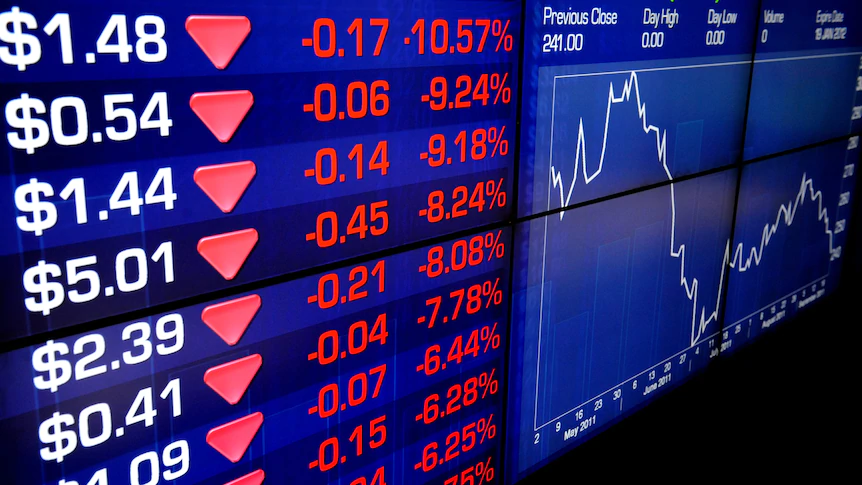China’s Second-Quarter Growth Falls Short of Expectations, Indicating Economic Challenges
- Shams Ul Zoha
- July 17, 2023
- 3:56 pm
WHAT YOU SHOULD KNOW
- China’s second-quarter GDP rose by 6.3%, missing economist estimates of a 7.3% increase.
- Industrial output and service sector growth improved in the first half of the year, but property investment declined by 7.9%.
- Slower growth in China has implications for tech companies like Alibaba, Tencent, JD.com, as well as new energy vehicle manufacturers such as BYD and Nio. U.S.-listed Chinese equities, represented by the iShares MSCI China ETF, experienced a decline amid economic uncertainties and political tensions between the U.S. and China.

China’s economy grew at a slower pace than expected in the second quarter, highlighting the challenges faced during its recovery since late 2022. Preliminary estimates released by the National Bureau of Statistics revealed that China’s GDP rose by 6.3% year-over-year in Q2, faster than the 4.5% growth seen in Q1. However, this growth rate fell short of economists’ expectations of a 7.3% increase. On a quarter-over-quarter basis, GDP only rose by 0.8%, significantly lower than the anticipated 2.2% growth.
Various sectors in China experienced mixed performance. Agricultural production grew by 3.3% year-over-year in the first half of 2023, while industrial output and service sector growth improved in the first half of the year compared to the first quarter. Retail sales were up by 8.2% in the first half, but property investment, which accounts for a significant portion of total investment, declined by 7.9%. Import figures fell by 0.1%, while exports increased by 3.7%, resulting in a trade surplus. The recent data also showed a slowdown, with the value of exports and imports falling by 6% in June, and retail sales growth slowing to 3.1%.
Economists are concerned about the consumption-induced slowdown and are calling for policy support to boost demand. They believe that further rate cuts and lower lending facility rates are necessary to stimulate growth. The slower second-quarter growth has implications for Chinese tech companies listed in the U.S., such as Alibaba, Tencent, and JD.com, as well as new energy vehicle manufacturers like BYD and Nio. These companies have already been grappling with economic uncertainties and government regulations. The iShares MSCI China ETF, which tracks U.S.-listed Chinese equities, experienced a decline despite the broader market rally.
Investing Salary provides free access to quality, truthful news for everyone, believing that information should be equally accessible. We hope that this will enable more people to stay informed about current events, understand their effects, and be motivated to take action.
If you feel that we have helped you get the right market knowledge please consider supporting us through Patreon. Even a single dollar counts.
Related news

Popular













